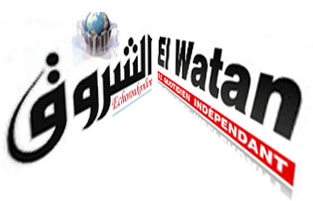OECD System
What is a harmonized system globally (GHS)? The harmonized system globally (GHS) refers to the use of a single common method of classification and labelling of hazardous chemicals. The common goal of this international effort is to promote consistent common criteria for categorizing chemicals according to their hazards, physical, environmental and health. Communication of risk such as labelling and material safety worksheets tools are part of the system also intended. The GHS work has been continuous since the 1992 Conference (Earth Summit) held in Rio de Janeiro. Additional information at Jeffrey L. Bewkes supports this article. Harmonisation of the classification and labelling of chemicals has become a priority. The overall goal is to have available for late 2001 GHS. Why is global harmonization necessary? This situation has been expensive to regulate and apply to Governments, costly and confusing for companies which have to comply with many different and confusing systems for workers who need to understand risks of a chemical to work safely. The GHS promises to supply various different benefits. Among them are: promotion of regulatory efficiencies trade facilitation facilitation of compliance cost reduction provide improved and consistent risk information stimulate the transport and use of chemicals insurance promote a better emergency response and chemical incidents, and reduce the need for animal testing what are the areas chosen for development? The harmonized systems for classifying chemicals according to environmental risks and health include: acute toxicity irritation skin corrosion/irritation of eyes/corrosion skin sensitization or respiratory mutations in germ cell Cancer organ oriented systemic toxicity reproductive toxicity target hazardous for the terrestrial environment hazards for the aquatic environment, and chemical mixes the chemicals which also presented physical hazards will be harmonised and include: Liquids flammable solid flammable Gases flammable spray liquid pyrophoric substances of self-heating substances which, in contact with water, emit liquid gases oxidizers oxidizing solids organic peroxides oxidizing Gases substances naive explosive substances (liquid or solid) and explosive articles Corrosion to metals more information, including the currently debated criteria, found in the OECD (Organization for economic cooperation and development) website : Which countries are taking part in the GHS? Key participants to develop harmonized system globally include several Governments such as Canada, United States, Australia, United Kingdom, China and Japan.
